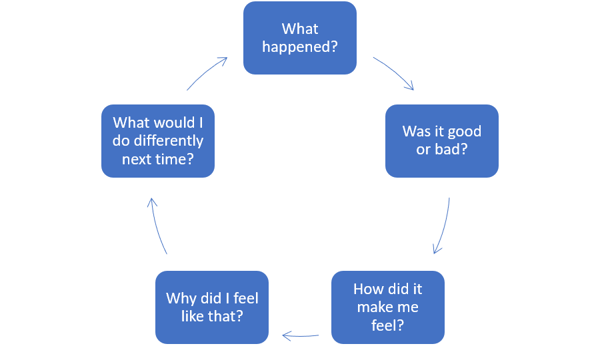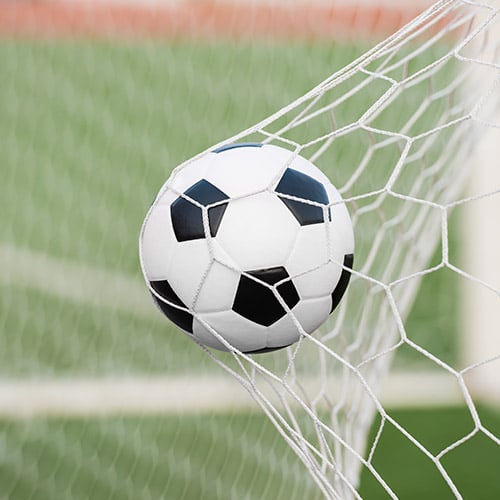In sports, people often talk about the importance of preparation before a competition. Having a clear routine can be helpful to make you feel more comfortable and in control no matter what the occasion. For example, knowing what to think about before a match of which questions to ask yourself before you compete will set you up to perform well and play at your best.
In addition to preparation, part of our work as sport psychologists is to help our athletes focus on the right stuff whilst they are competing too. For example, we often ensure they develop an understanding of what they can control and know how to focus on a process during their performance. For an expert guide to performing under pressure check out our blog here.
However, little is made about what athletes think about and do after they compete. We think that is what separates the best from the rest. So, what should you think about afterwards? Here are our top sport psychology tips to make sure you learn from each event…
How to reflect
There are a few different ways for athletes to reflect, and the more you look into it and develop these strategies, the more frameworks you will find. However, we think that focusing on the questions you are asking yourself is the important part. Here is an example of a cycle I often use with my athletes:

Why reflect?
There are a few key reasons that we do this.
- Firstly, reflecting on what happened and how it made them feel can help to improve athletes’ self-awareness. Sometimes, athletes do this by keeping a diary that they use to track their training and competition performances.
- Secondly, reflecting a really nice way to remind athletes what they did well. This is important because thinking about positive past performances can help to bolster an athlete’s confidence, even for future matches.
- Thirdly, it helps nudge athletes towards asking for feedback. This is an essential part of learning, and helps athletes find areas to improve that they might not have noticed on their own.
- Lastly, it allows athletes to shift their focus onto their next performance, especially with the last question in the cycle described above: ‘what would I do differently next time?’. We usually ask our athletes to write down at least three things they would do. This helps to shift their attention to not only what they can get better at but, more importantly, to what they can control.
When to reflect?
When reflecting, timing is very important. It is tempting for athletes to want to reflect on their performance straight away in fear that they will otherwise forget everything. However, this can often cause them to think very emotionally – they have only just finished performing and have not had time to shift to a more rational perspective on their performance.
There is no perfect recipe for this – timing will change from athlete to athlete. What we usually suggest is to have a brief reflection just after they perform, for example making a voice note on their phone. However, when it comes to analysing their thoughts and feelings, we often ask them to do this a couple of hours after they perform.
For the coaches reading this, a great idea would also be to link this with other sessions you have planned so you can get athletes to lead sessions and get involved.
Much is made about how athletes prepare and think in the build up to a competition. However, to help athletes make sure their preparation is as good as it can be, they should be reflecting on their past performances as often as possible. When done right, it can be the tool that makes the difference.





